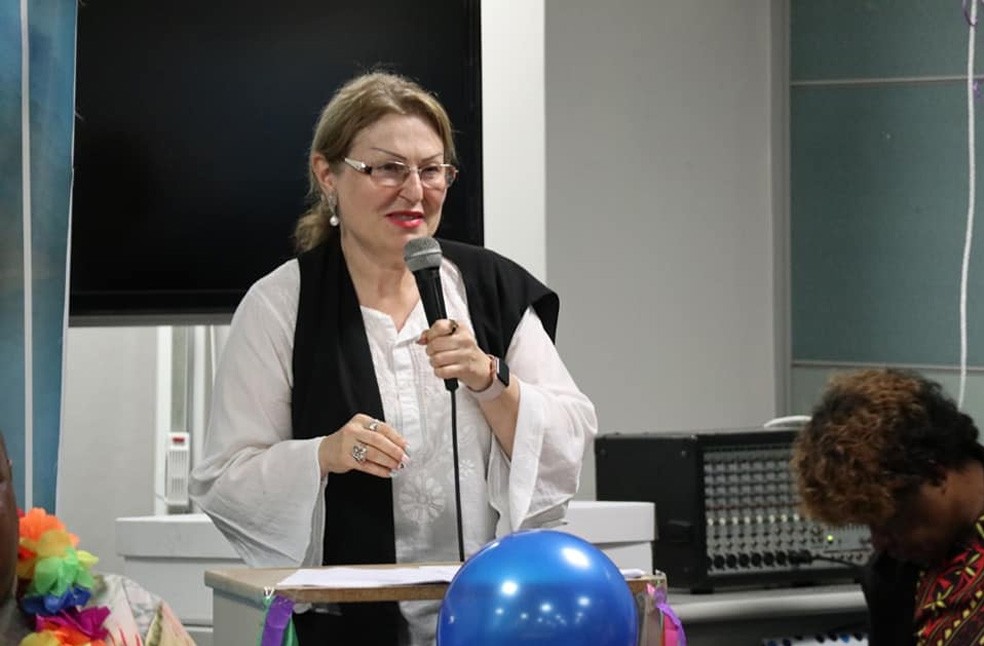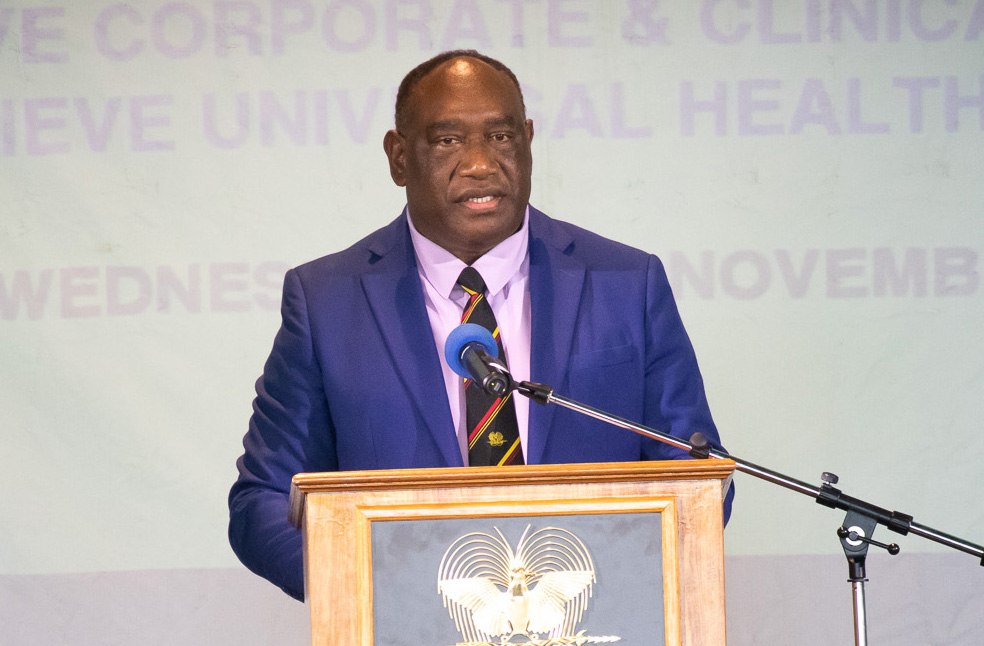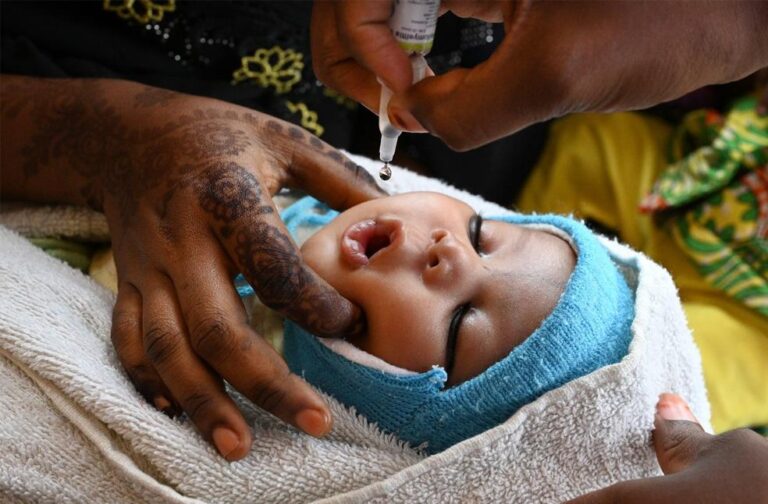Papua New Guinea: The World Health Organization (WHO) has officially declared a polio outbreak in Papua New Guinea and has called for an immediate and comprehensive vaccination campaign to prevent the disease from spreading further.
The announcement follows the detection of the poliovirus in two healthy children during a routine health screening in Lae, a coastal city located in the northeast of the country.
Although both children were asymptomatic, the highly infectious virus has sparked concern due to the country’s low immunisation rate. Currently, less than 50 percent of Papua New Guinea’s population is vaccinated against polio, a potentially deadly disease that primarily affects children under five and has no cure.
At a media briefing, WHO’s representative in Papua New Guinea, Dr. Sevil Huseynova, stressed the situation’s urgency, declared that, “We have to do something about it and we have to do it immediately.”
Dr. Huseynova added that stopping the virus will require “maximum effort to get 100 percent (vaccination) coverage,” and warned that “polio knows no borders.”

The disease, caused by the poliovirus, is transmitted through contact with an infected person’s feces or respiratory droplets, such as from coughing or sneezing.
Most infected individuals do not show symptoms or experience only mild flu-like illness. However, in about 1 out of every 100 to 1,000 cases, the virus can lead to severe complications such as paralysis. The condition can be life-threatening if the muscles involved in breathing are affected.
Papua New Guinea had previously been declared polio-free in 2000 but experienced an isolated outbreak in 2018 that was successfully contained.
However, the newly identified virus strain has been genetically linked to one currently circulating in Indonesia. PNG shares a porous border with Indonesia’s easternmost Papua province, raising concerns about cross-border transmission.
In response to the outbreak, Papua New Guinea’s Health Minister, Elias Kapavore, has pledged to achieve 100 percent vaccination coverage by the end of the year. The Minister stressed the seriousness of the situation, stating that, “There is no excuse… Polio is a serious disease.”

The nationwide vaccination campaign will target all children aged 10 and under, aiming to reach approximately 3.5 million individuals. The country’s Department of Health declared that, “The battle on polio starts today,” in a post on its official Facebook page.
The WHO is coordinating the immunisation drive with support from UNICEF and the Australian government. UNICEF’s representative in Papua New Guinea, Veera Mendonca, underscored the uneven access to vaccines across the country, revealing that immunisation rates in some districts are as low as 8 percent.
“That is not acceptable,” Mendonca said, adding that UNICEF is working with churches and local community leaders to promote accurate information about vaccines and dispel harmful myths.
Globally, polio is making a resurgence in certain regions. Pakistan recorded 74 cases last year, while Afghanistan confirmed 24. The WHO has also issued a warning about potential outbreak risks in conflict zones, such as Gaza, where traces of the virus were recently discovered in wastewater samples.



